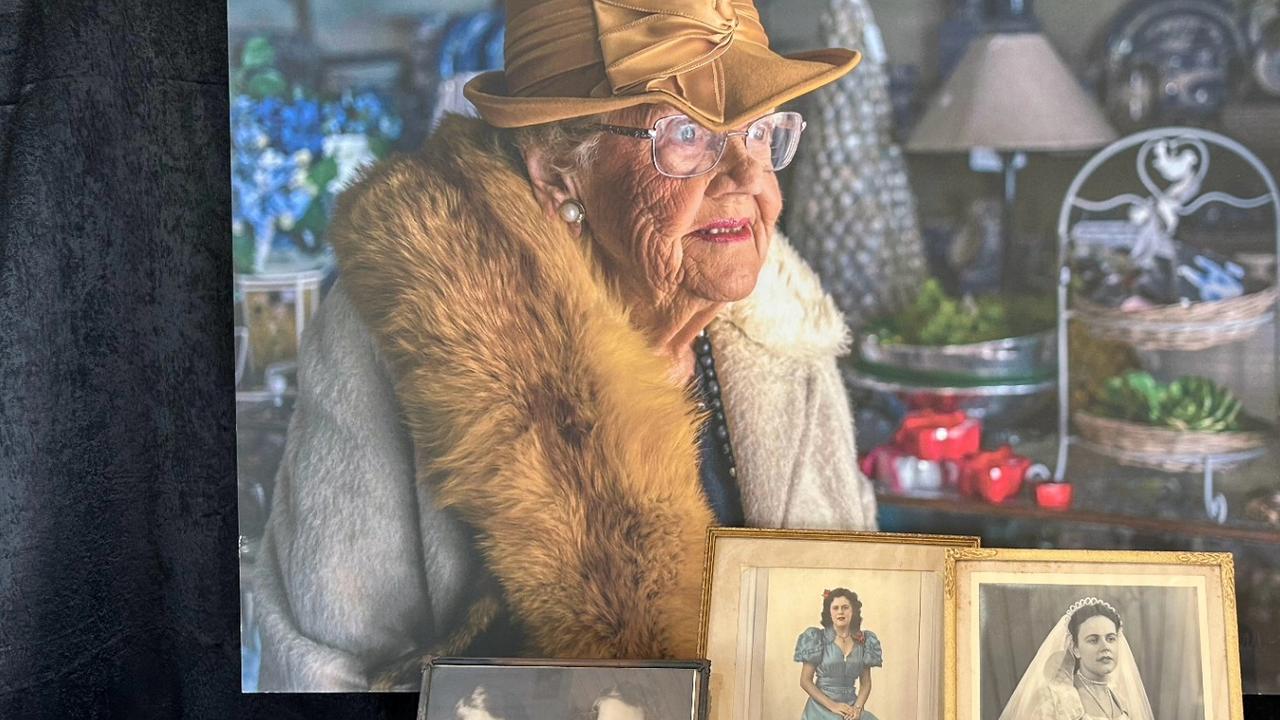Environmental lobby calls on Qld. govt. to prioritise green steel production over new coal projects
A happy consensus opposing a new coking coal mine proposed for Bundaberg looks shaky when the public asks why any new coal mines are being opened, with concerns it will wipe out any climate emissions gains in the coming years.
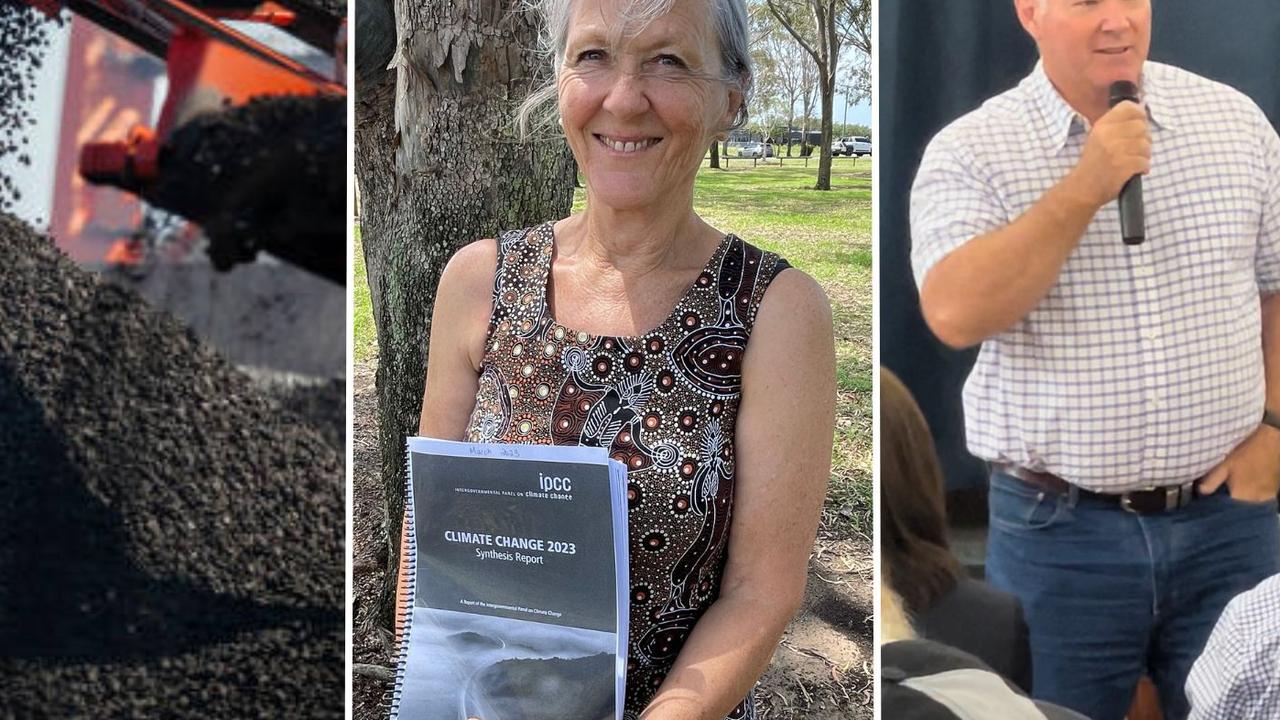
Community News
Don't miss out on the headlines from Community News. Followed categories will be added to My News.
Riding the wave of strong community opposition to the mining development lease being pursued by WA exploration firm Fox Resources, the public debate has delivered a rare ceasefire in the usual political sniping and pointscoring.
With the initial canvassing of the mining development lease application in 2019 showing vehement opposition to a coal mine in Bundaberg, it was a no-brainer for the region’s local members of all political persuasions to align against a common enemy framed as an interstate money-grubbing corporation seeking to poison the region’s agricultural lifeblood.
Fox Resources’ claims that their own polling of 505 residents shows two-thirds of residents support the coal mine has been blasted by critics, and directly labelled by LNP Burnett MP Stephen Bennett as “spin doctoring”.
NewsMail’s own poll (asking simply “do you support the coal mine proposed for Bundaberg”) shows a clear majority of readers are opposed to MDL 3040.
MORE NEWS: Cost blowout concerns reveal new controversy for $7.4m project
As of Wednesday, December 20, 68 per cent of 664 readers responded “no” to the question.
Accordingly, when kicking off the MDL 3040 Community Forum earlier in the month, ALP MP for Bundaberg Tom Smith told the 200-strong crowd “we’ll hear a little bit from Stephen as well” to demonstrate the “unity ticket” in place on the issue, as he and Mr Bennett put aside their political differences for the occasion.
For his part, in October Mr Bennett refused to play politics with the court’s decision that Resources Minister Scott Stewart had made an “error of law” in his rejection of Fox Resources’ first application, with the Burnett MP saying “this is nothing but bipartisan … this is too important”.
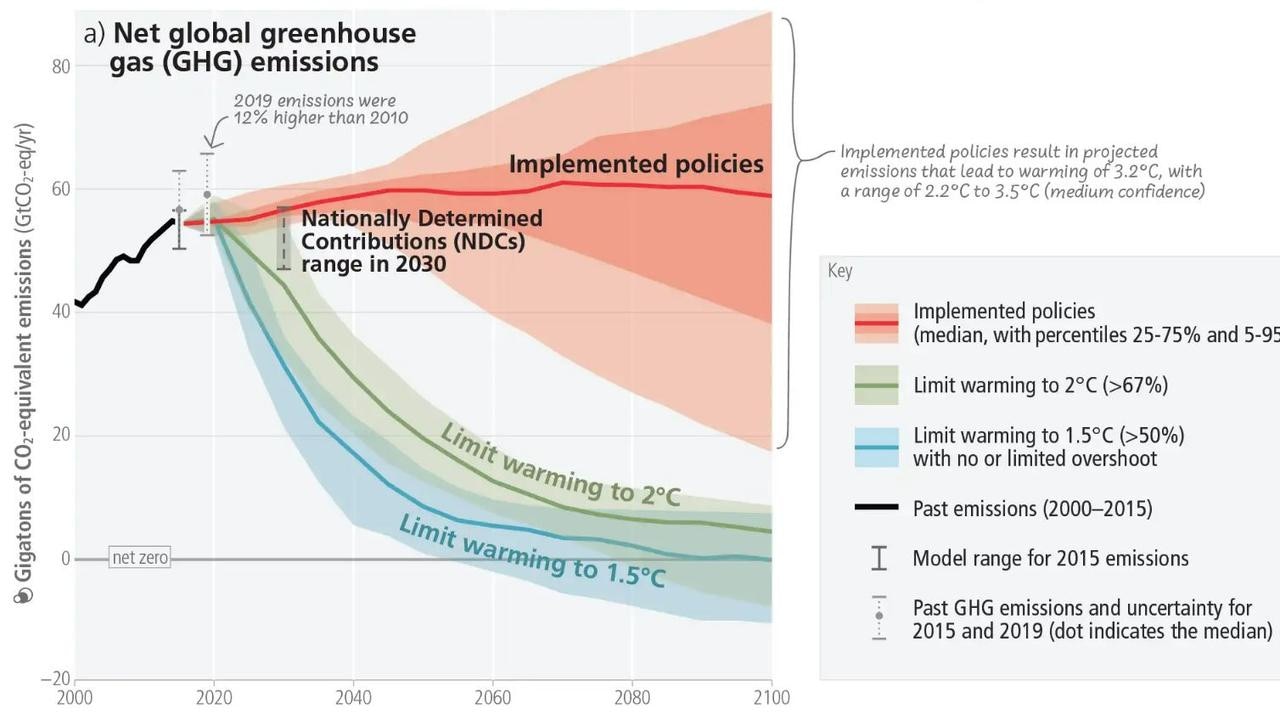
But while the concerns voiced in the community forum about the potential detrimental effects of the coal mine on public health, agricultural output and jobs in the region were all squarely in the wheelhouse of the local members, saying the coal mine proposal would not succeed (Mr Bennett said it would happen “over my dead body”), some moments of discomfort were detected when people questioned the wisdom of opening any new coal mines at all.
Referring to the Intergovernmental Panel on Climate Change’s Climate Change 2023: Synthesis Report, the document forming the scientific basis of the recent COP28 summit in Dubai, the first question heard from the floor noted the consensus among climate experts that “a substantial reduction in overall fossil fuel use” is required in order to keep global warming below 1.5C.
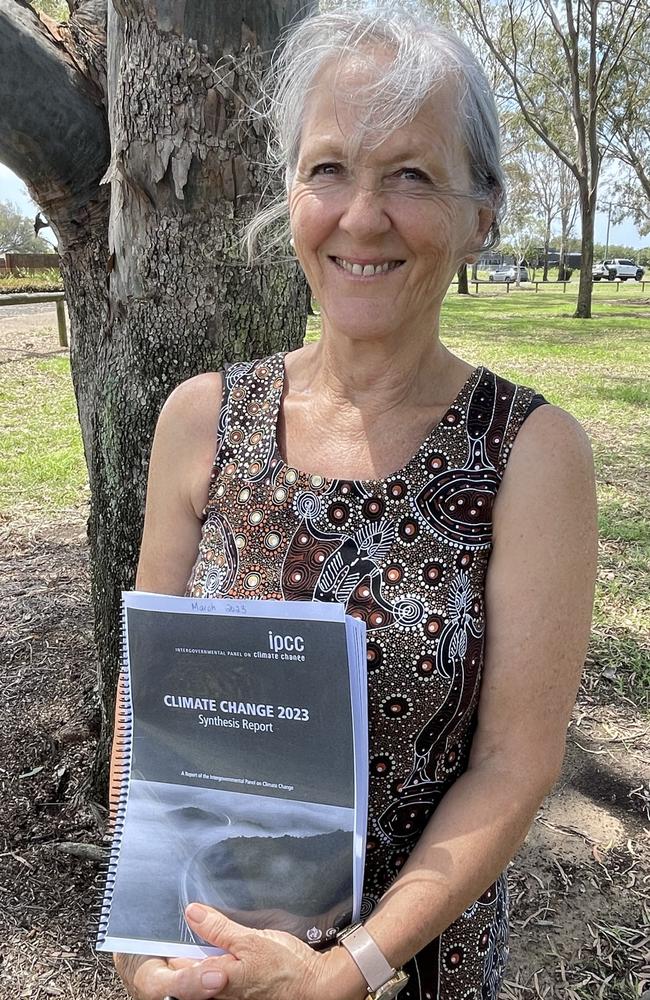
“This is a really good scientific viewpoint from which to fight (MDL 3040),”, the questioner, Moore Park Beach resident Chris Jones said.
“So you have this IPCC document, why aren’t our elected government officers, and the custodians of our land elected by us, protecting their constituents and the planet based on all these recommendations in this report?”
In response Mr Stewart offered to put the question “into a bit of perspective”, explaining Fox Resources had identified coking coal (coal used for the production of steel) in MDL 3040, not thermal coal used for coal-fired power stations being targeted by the Qld government’s Energy and Jobs Plan, which aims to have 70 per cent of the state’s energy system powered by renewables by 2032.
“There is no viable alternative to making the 2 billion tonnes of steel that the world needs each and every year,” Mr Stewart said.
“So we’re going to continue to need to have steelmaking coal certainly well into the future.”
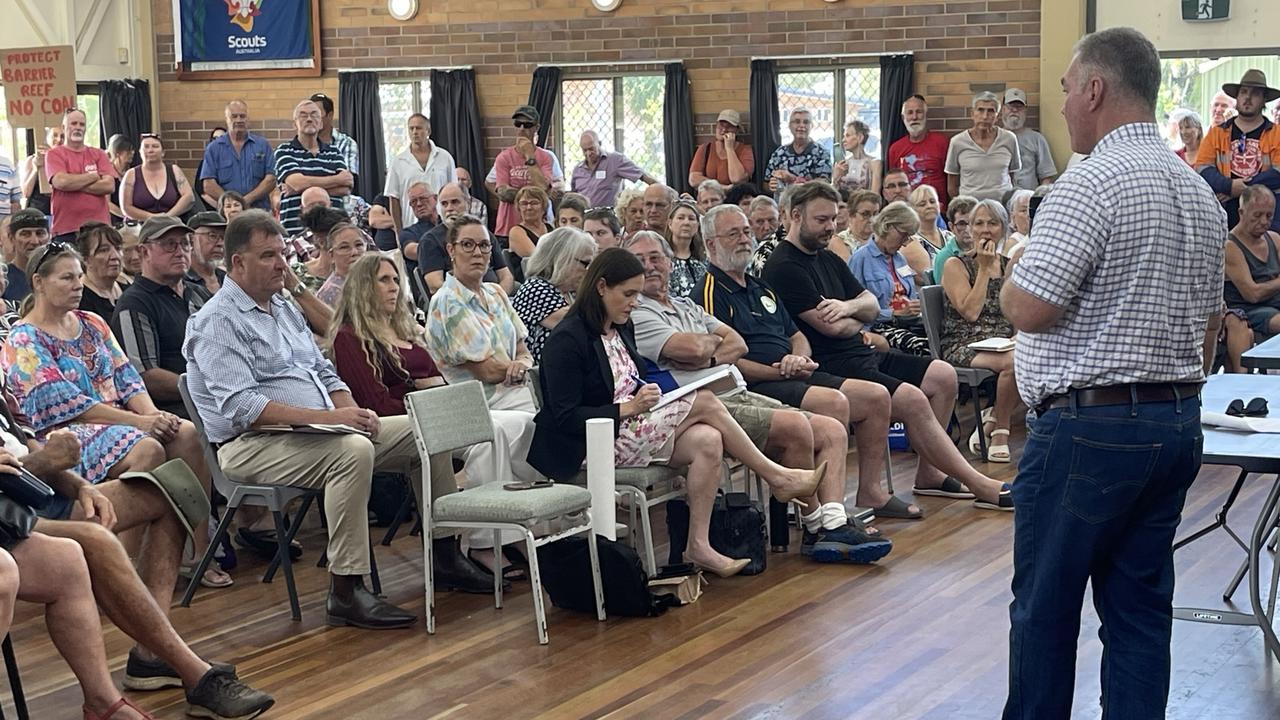
In media comments made after the forum, Mr Stewart recognised that methods of “green” steel production using hydrogen in place of fossil fuels have been identified, but said such methods of production were not yet commercially available on a scale to meet the current global demand for steel.
Ignoring Ms Jones’ question, he said the community’s view was that new coal mines were still needed in the broader economy, they just should not be opened in Bundaberg.
“That’s what the community are saying to us,” he said.
“The decision that I made previously was that the exploration for steelmaking coal is not suitable in this environment or in this community.”
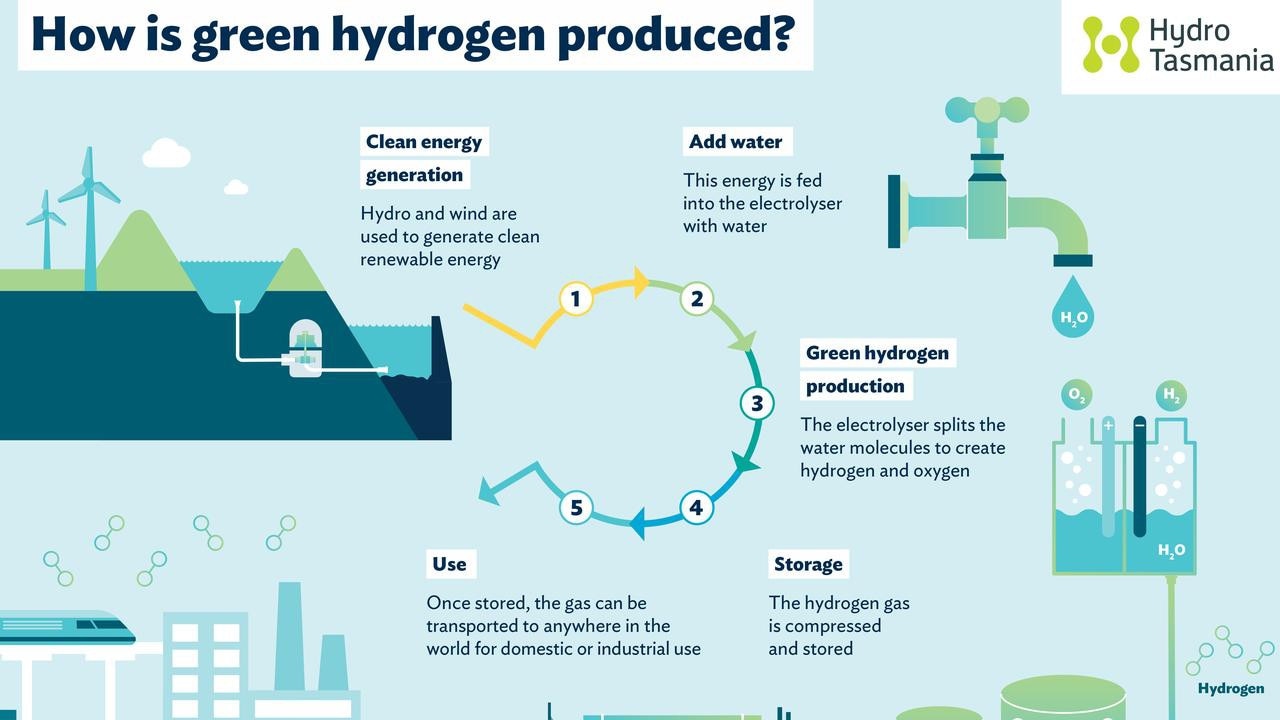
When Mr Stewart’s comments on the current unavailability of “green” steel production and thus the necessity of new coking coal mines were put to environmental peak body the Queensland Conservation Council, QCC energy strategist Clare Silcock said the availability of green alternatives was ultimately a question of priorities.
“While Scott Stewart is currently right that there is no other commercial steel production method, he is also missing a crucial opportunity to build long term green industry in Australia,” Ms Silcock said.
“The Fox Resources project, among many others that the Queensland Government is approving, would run for at least 20 years, out to 2050 and beyond.
“There are credible pathways to stop using coal for steel production during the 2030s.”
Noting the AU$520bn Inflation Reduction Act in the US which is incentivising low emissions means of production including green hydrogen, Ms Silcock said Australia’s climate change guru Ross Garnaut saw the country well-placed to reap the benefits from low-cost green steel production, but only if policymakers prioritise it over traditional approaches using fossil fuels.
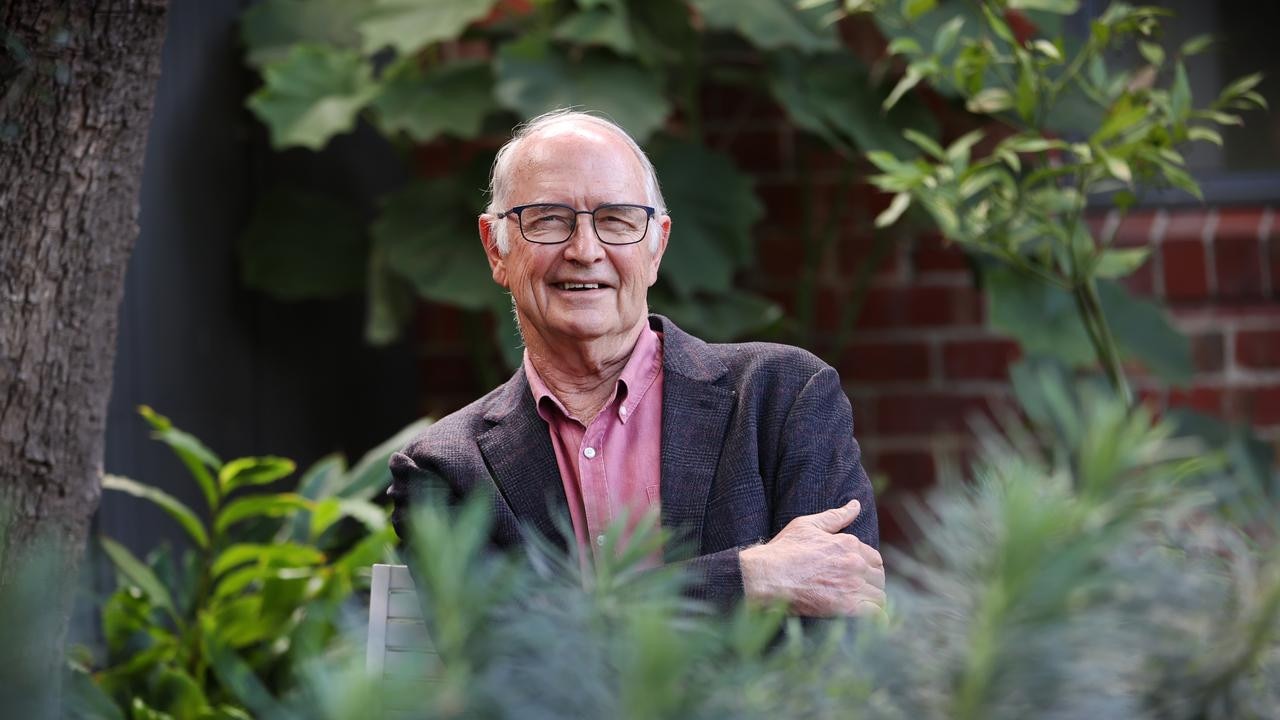
“Ross Garnaut has estimated that Australia could reduce global emissions by 8 per cent by building a green steel industry here, but we don’t have enough government policy and funding available, because we’re still promoting coal,” she said.
While acknowledging that the Qld government’s Energy and Jobs Plan will have a “massive impact” on reducing emissions in the state, Ms Silcock said recent QCC research had found that, if the existing pipeline of planned coal projects is fulfilled, emissions from methane escaping from the mines into the atmosphere will become the biggest source of greenhouse gas in Queensland by 2030, potentially wiping out any gains made by adding renewables to the energy system.
A 2021 Global Energy Monitor report found that the 18 coal mines planned for Queensland are the highest number of new coal mines planned for any state or province in the world.
“The fugitive emissions from coal mines will become an increasingly large portion of Queensland’s emissions and that will have to trigger a change in attitude towards new coal projects,” Ms Silcock said.
“This would make it a real challenge to meet Queensland’s new emissions reductions targets of 75 per cent by 2035.”
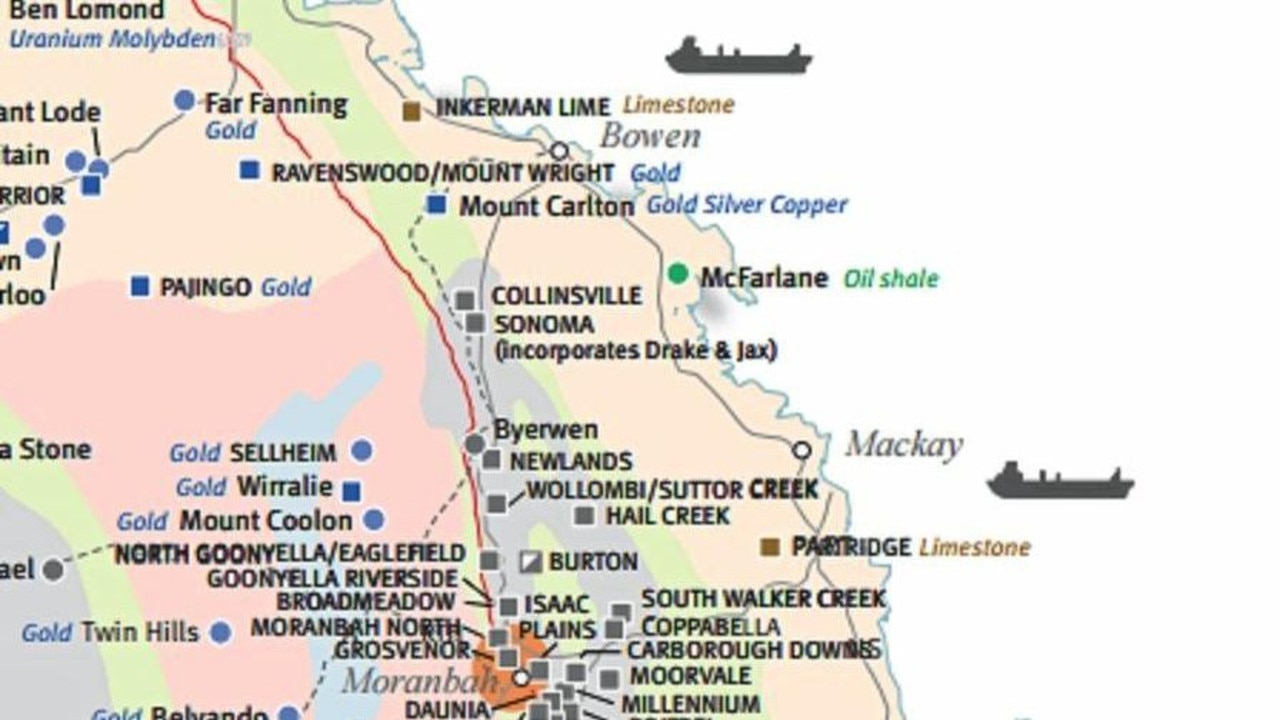
When asked if she was satisfied with Mr Stewart’s response to her question asking why the state government was not implementing the IPCC recommendations, Moore Park Beach resident Chris Jones said “no, not really”.
“My concern is this IPCC report is based on scientists around the world collectively, looking at what is impacting climate change, and the overall statement they’ve made is human impact, and governments need to work together both federal, local and state on reducing the environmental impact,” she said.
MORE NEWS: ‘Token gesture’: $2m feral pig funding slammed as band-aid fix
“If they need evidence to actually fight this thing, (the IPCC report) should be one thing.
“Maybe we should stop being so gluttonous … greed and self interest rule the day.
“This emergence of the Fox Resources application is just a perfect example of that.”
More Coverage
Originally published as Environmental lobby calls on Qld. govt. to prioritise green steel production over new coal projects






